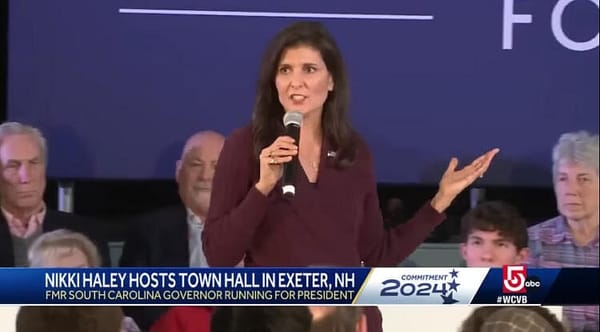Mother Convicted In Death of One Child Can’t Retain Parental Rights To Others Just Because of Belated Indian Status Claim, Court Says

A woman who had seven children with five different fathers and pleaded guilty to manslaughter in the death of one of them can't get parental rights back to her two youngest just because she now claims they are American Indians, a Massachusetts court has ruled.
Shaniqua Leonard, of Whitman, who according to court papers identified as black in her interactions with social workers, on May 31 pleaded guilty to manslaughter and reckless endangerment in the death of her 2-year-old daughter, Lyric Farrell, who suffered head trauma in December 2019 that led to her death.

